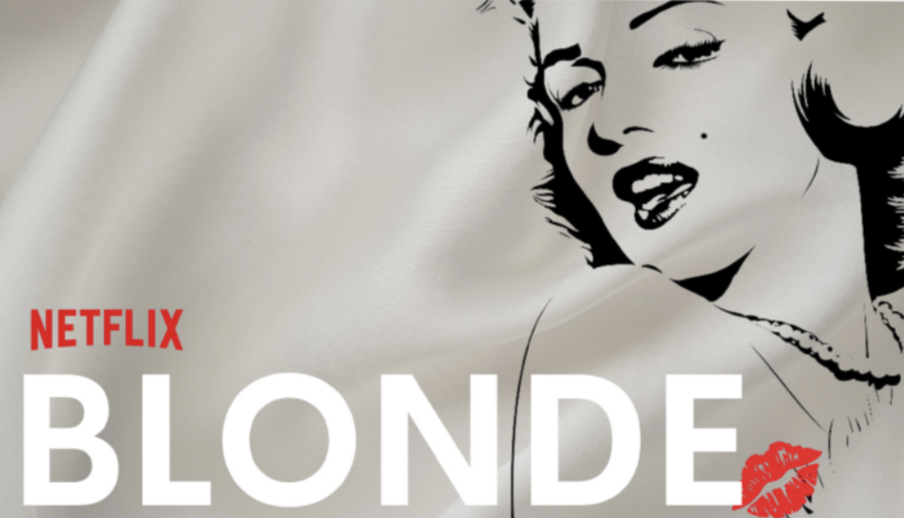Marilyn Monroe has always been a personal idol of mine. Biographies of her life line my bookshelves, and a bold black-and-white poster of the icon sits on the wall above my bed. Knowing this, one might think I was ecstatic about the release of “Blonde,” a Netflix movie directed by Andrew Dominik, based on the novel of the same name. However, the opposite is true — I was angry.
Upon first hearing of “Blonde” and watching the trailers, I believed this movie was biographical. It’s purposefully marketed as a documentary that follows Monroe from her abusive, chaotic childhood until her mysterious death. But this is extremely misleading. “Blonde” the novel was a work of fiction, as is the movie. It seems that the true purpose of the film is not to educate newer generations nor to pay respect to Monroe in death, but simply to entertain.
Using Monroe’s life as a piece of entertainment, when she had constantly spoken of how exploited and disrespected she felt while alive, is frankly, despicable. In his article for the National Public Radio, Justin Chang writes, “But ‘Blonde’ is too thuddingly repetitive — and finally, unimaginative — to bring us any closer to understanding the woman behind that construct.” In my opinion, the film’s purpose is to watch her suffer and gawk at the spectacle. This theme is found in media beyond “Blonde” as well, such as in “The Secret Life of Marilyn Monroe” and “My Week with Marilyn.” Instead of letting a traumatized woman rest in peace, her life story is constantly rehashed and reworked to fit the narrative that movie producers think is most interesting. No part of “Blonde” or other dramatized versions of her life pay tribute to Monroe. In my opinion, they are not appropriate, and they are not accurate.
With constant scenes of Marilyn portrayed as an emotional wreck, graphically sexually assaulated, and shown in the nude, the film disrespects her on multiple layers. In his article for the Washington Post, Julian Mark writes that many have criticized the fictional biopic for portraying an “exploitative depiction of Monroe’s character” and harboring “anti-abortion propaganda.” It takes extreme and harmful creative liberties, including haunting scenes of Monroe mourning aborted fetuses, when it was never proven Monroe had abortions at all. Michelle Vogel, historian and author of “Marilyn Monroe: Her Films, Her Life,” spoke to USA Today and said: “There is no evidence that Monroe ever had an abortion, much less multiple or forced abortions.” Under the guise of “showing the real her,” the film pushes a narrative Monroe was never a part of.
The truth is, none of us know the real Marilyn Monroe, and it’s time we stop pretending like we do. Marilyn’s story is incredible and intriguing, and people, me being one of them, tend to feel a pull to her. This is just as true in her death as when she was alive. However, we cannot let our fascination turn into exploitation. There is a thin line between the two, and “Blonde” crossed way beyond it.
We cannot let the theme of using Monroe as entertainment continue. It’s been sixty years since her death, yet she is still being exploited in the same way she was during life. Marilyn’s soul deserves to rest, but “Blonde” and its akin projects refuse to let her.

















































